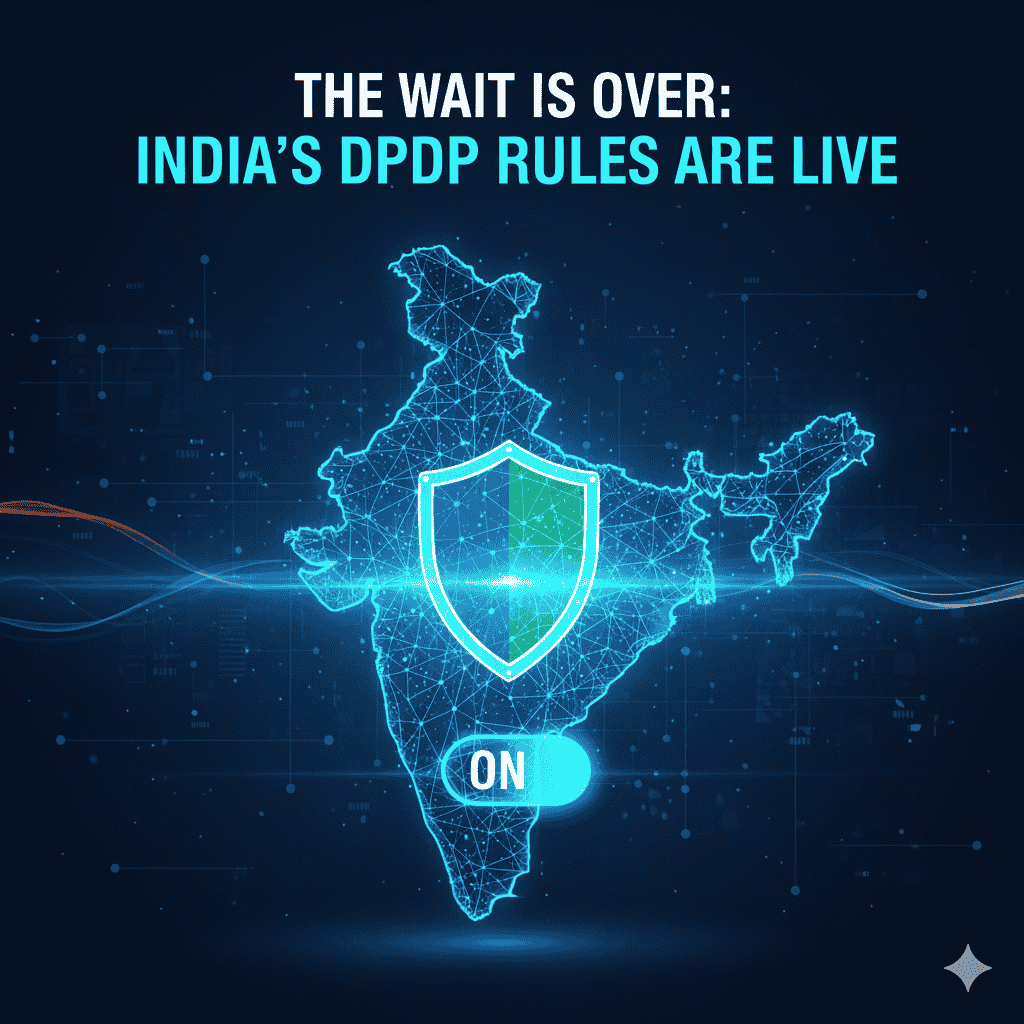In today’s digital landscape, where data is the currency of the internet, compliance with privacy regulations is not just a legal obligation but a critical aspect of maintaining consumer trust. As businesses increasingly rely on data-driven strategies, understanding and managing consumer consent has become paramount. This is where Consent Management Platforms (CMPs) play a fundamental role, providing the necessary tools to navigate the complexities of digital privacy compliance.
The Importance of Consent in the Digital Era
With the rise of regulations like the General Data Protection Regulation (GDPR) in Europe and the California Consumer Privacy Act (CCPA) in the United States, organizations are required to seek explicit consent from users before collecting and processing their personal information. These regulations aim to empower consumers, ensuring they retain control over their data and how it is used.
Failure to comply with these regulations can result in hefty fines, legal repercussions, and damage to a brand’s reputation. Hence, effective management of user consent has become not only a regulatory necessity but also a competitive advantage.
Understanding Consent Management Platforms
A Consent Management Platform is a tool that helps businesses collect, store, and manage user consents in compliance with privacy laws. CMPs typically offer features such as:
User-Friendly Interfaces: CMPs provide user-friendly consent banners that clearly communicate to visitors what data is being collected and for what purposes. This transparency is crucial in building user trust.
Granular Consent: CMPs allow businesses to obtain granular consent, enabling users to choose which types of data they are comfortable sharing. This can include cookies, marketing preferences, and third-party data sharing.
Consent Storage and Management: CMPs securely store user consents, keeping track of when and how consent was obtained. This is vital for audits and compliance demonstrations.
- Regular Updates and Vendor Management: As the digital landscape evolves, CMPs ensure that businesses can easily update their consent mechanisms and manage third-party vendor consents, ensuring ongoing compliance.
Benefits of Using a Consent Management Platform
1. Enhanced Compliance
CMPs help organizations remain compliant with privacy laws by automating consent collection and documentation processes. This reduces human error and ensures that businesses can quickly adapt to changes in legislation.
2. Built-In Transparency and Trust
By clearly communicating data practices, CMPs foster transparency. Users feel more secure knowing they have control over their data, which enhances brand loyalty and trust.
3. Improved Data Insights
With more transparent data collection practices, businesses can better analyze user preferences and behaviors, leading to more effective marketing strategies and product offerings.
4. Streamlined Operations
CMPs simplify the consent management process, reducing the operational burden on organizations. This allows teams to focus on core business activities rather than navigating complex compliance requirements.
Choosing the Right CMP
When selecting a Consent Management Platform, organizations should consider several factors:
Compliance Coverage: Ensure the CMP supports not only GDPR but also other relevant regulations like CCPA, LGPD, or other local laws.
Integration Capability: The platform should integrate seamlessly with existing systems, such as Customer Relationship Management (CRM) tools, marketing platforms, and web analytics.
Customization Options: Look for a CMP that offers customizable consent banners and interfaces to align with your brand’s aesthetic and user experience.
- User Experience: The CMP should provide a smooth and intuitive user experience, reducing friction during the consent-giving process.
Conclusion
As the digital landscape continues to evolve, so do the expectations of consumers regarding their privacy. Consent Management Platforms are becoming indispensable tools for businesses aiming to navigate this complex environment. By effectively managing user consent, organizations can not only ensure compliance but also build stronger relationships with their customers based on trust and transparency. In a world where data privacy is a top priority, investing in a robust CMP is not just a smart business decision—it’s essential for survival.








